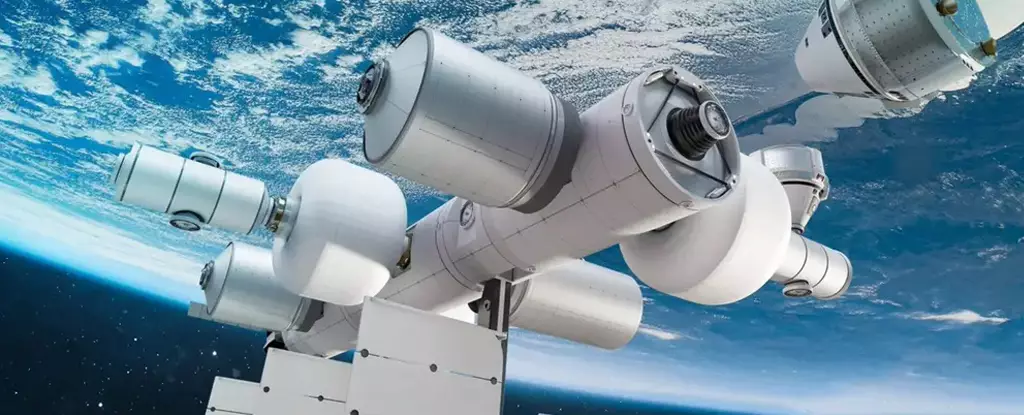The International Space Station (ISS) has served as a crucial hub for scientific research and human space exploration. However, as it ages and faces various technical issues, NASA is looking towards the future by investing in potential replacements. One such prospect is Orbital Reef, a collaboration between Blue Origin and Sierra Space.
Key Technological Milestones
NASA recently announced that Orbital Reef has reached four significant milestones in its development. These milestones include the successful testing of a system that recycles urine from astronauts and tourists on the space station. This regenerative system plays a crucial role in providing clean air and water for human consumption while in space.
The regenerative system on Orbital Reef is designed to purify air, recover urine for recycling, and maintain a water tank essential for human survival in space. Similar systems are already in use on the ISS, where astronauts have been drinking recycled urine for over a decade. Despite the initial repulsion, the purified water is cleaner than what most people drink on Earth.
NASA’s decision to invest in commercial space stations like Orbital Reef is part of a larger strategy to reduce costs associated with maintaining the ISS. By transitioning to privately owned space stations, NASA aims to create opportunities for space tourism while continuing its scientific endeavors. These next-generation space stations will offer amenities like spacious modules and large windows for a unique space experience.
Maintaining the ISS costs NASA billions of dollars annually. By shifting its focus to commercial space stations, NASA can allocate its budget towards establishing a permanent human presence on the moon and eventually sending astronauts to Mars. The Artemis missions alone are projected to incur costs of $93 billion by 2025, not including launch expenses.
Future Plans
In light of the aging ISS and its technical challenges, NASA is committed to keeping the station operational at least until 2030. By then, the transition to privately owned space stations like Orbital Reef should be underway. The ultimate goal is to retire the ISS by safely deorbiting it into the Earth’s atmosphere.
As NASA prepares for the next chapter in human space exploration, investments in innovative technologies and partnerships with commercial companies like Blue Origin and Sierra Space will shape the future of space stations. Orbital Reef represents a promising step towards creating sustainable, efficient, and accessible habitats in space for astronauts and tourists alike.


Leave a Reply